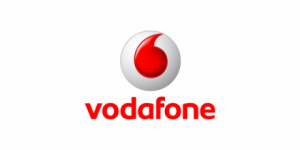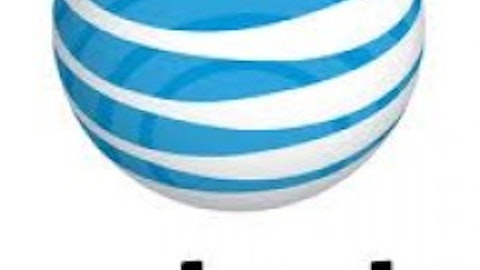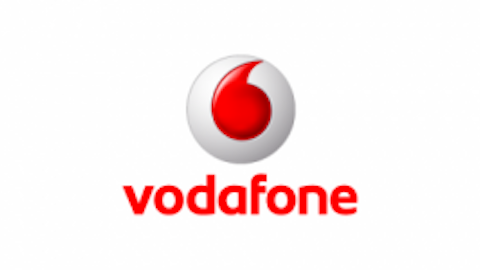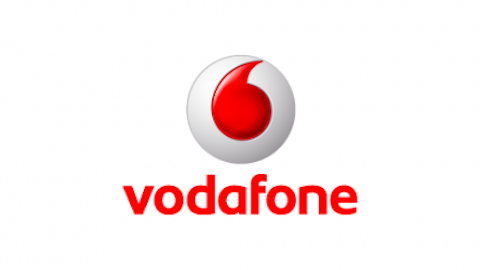LONDON — If you are new to investing, or are just baffled by some of the terms that make up a balance sheet, then read on. Here, I’ll peel back some of the layers in the 2013 year-end statements of Vodafone Group Plc (ADR) (NASDAQ:VOD).
First of all, I will start by noting the balance sheet is only one of three main financial statements. Both the cash flow and income statements are as important, and should be viewed in conjunction to gain the full picture.
The first thing to bear in mind is that the balance sheet by its very definition must balance, and the sum of everything the company owns or is due — its assets — will always be equal everything it owes — its liabilities. Vodafone has set its balance sheet out to neatly show this with both assets and liabilities totaling 143 billion pounds.
Companies do not always balance their balance sheets in this manner. The alternative is to show all assets and liabilities offset against each other to give net assets on one side and balance that against the amount invested in the business (generally, equity and the level of retained profits). If Vodafone Group Plc (ADR) (NASDAQ:VOD) did this then the balance sheet would show a balance of 72 billion pounds instead.
Goodwill, anyone?
Let’s take a look at some of the terms on the balance sheet that may not be decipherable on first glance. The most notorious of these is goodwill. This is purely an accounting invention. Vodafone has acquired companies in the past but paid more for them than the balance sheet of the companies in question would suggest they are worth. Vodafone Group Plc (ADR) (NASDAQ:VOD) suggests that the reason it’s paid more is because they highlighted synergies, but in truth the group simply saw enough long-term potential to take the risk.
Vodafone Group Plc (ADR) (NASDAQ:VOD) shows its goodwill at 30 billion pounds, but the true picture can be found in the notes where we can see goodwill costing 104 billion pounds in April 2011 had 59 billion pounds written off as at the same date. A further 8 billion pounds were written off in the current year with exchange movements making up the balance.
“Intangible assets” is also not entirely clear but these can simply be sub-categorized as licenses and spectrum (i.e., Vodafone’s 3G and 4G licenses), computer software (which can be classed as an asset rather than an expense), and the helpfully monikered “other.” These assets are then amortized (depreciated) to give the current estimated value of 22 billion pounds. The amortization is purely subjective, although there should be an attempt to estimate the life of each asset.
Best of the rest
Further down, we have deferred tax assets at 3 billion pounds — but note there is also a deferred tax liability of 7 billion pounds under liabilities. These two offset each other and represent the balance of tax payable in the future. The timing of the payment of tax can be affected by certain asset and investment purchases, which can be used to offset tax, and the effect is weighted toward earlier years.
Finally, the equity section represents investors’ direct interests. All types of share capital are included. Called up and treasury shares represent employee share option schemes in this instance. Additional paid-in capital are all the other existing shares that you or I may hold. The 89 billion pounds of retained losses signifies of all of Vodafone Group Plc (ADR) (NASDAQ:VOD)’s profits and losses from inception to date. “Non-controlling interests” arise as some of the Group’s subsidiaries have such shareholders without a controlling interest.
Hopefully that whistle-stop tour was helpful, although there are many more terms in the notes that could be cleared up as well.
Both reports are completely free and can help you avoid the common novice investor mistakes.
The article A Look at Vodafone Group’s Balance Sheet originally appeared on Fool.com.
Barry James owns shares of Vodafone. The Motley Fool recommends Vodafone.
Copyright © 1995 – 2013 The Motley Fool, LLC. All rights reserved. The Motley Fool has a disclosure policy.



